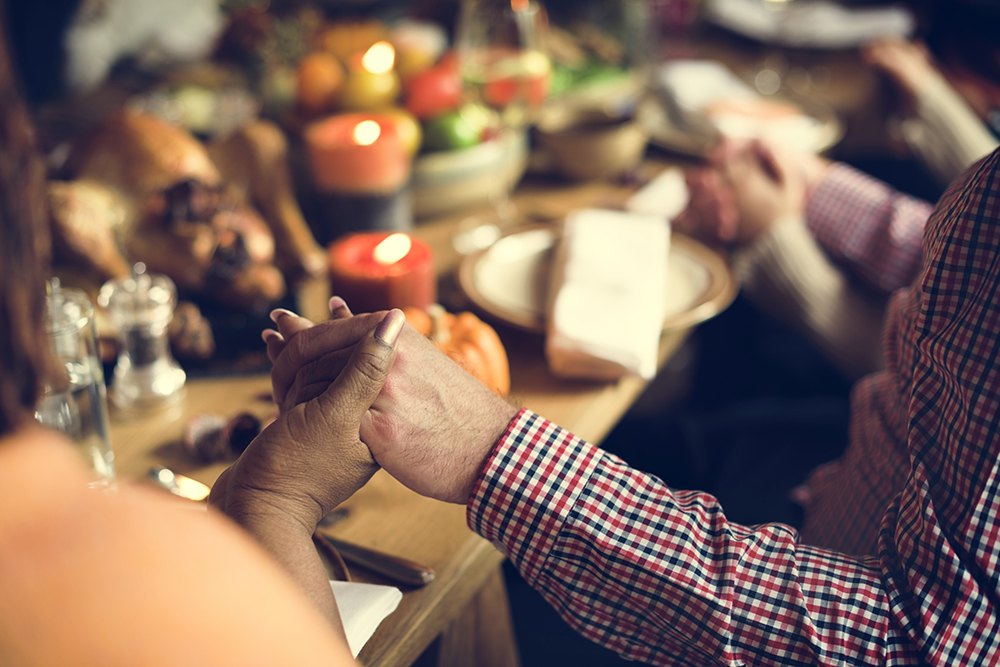The holidays are a joyful time, bringing smiles and cheer to many families as they celebrate with their loved ones. This can be an especially difficult time, however, for those who are grieving. How can those who have experienced loss really embrace the joy of the season but also take care of themselves and take time to grieve?
This is a very difficult balance to find, says Jim Otremba, licensed independent clinical social worker, speaker, and expert on Christian marriage and parenting. He and his wife give retreats around the nation and founded Catholic Family Resources to help Catholics. “It’s not necessarily grieving a physical loss of a loved one, a death – it could be grieving a disability, it could be grieving the loss of a job, loss of a dream, loss of a marriage. I think one of the best ways we can do all of this, though, it recognize the grieving process and recognize that it takes a lot of time and energy.”
“We also have to recognize that it’s been redeemed by Jesus. That’s so very important – when He was on this earth 2000 years ago, He wept and He felt the full range of emotions that we feel today. The difference is now, of course, is that through His life, death, and resurrection, we can say that this grieving process has been redeemed.”

“When you’re grieving during these times when everybody else around society is pretty well externally happy … I always invite people to be really gentle with yourself. It’s something that we have a hard time doing, but we really need to do it,” says Otremba.
He stressed that your dignity as a son or daughter of God does not change during the grieving process, but “what does change, of course, is our neural chemistry and our body. Our bodies and our brains can change through grief, and that’s why unattended grief can be dangerous.” Giving your grief time and attention is very important.
The grieving process is different for everyone, and it can take many forms. For some, self-care is the most important thing, but for some, caring for others can be very beneficial. Volunteer opportunities abound during the holidays. “It’s a fantastic time to [volunteer]. And when we do that, when we’re grieving, sometimes we can pull ourselves out of that grief.”
Grieving can vary from day to day, and Otremba recommends that you respect what you need and how that may change. “When we’re grieving, especially the death of a loved one, that’s when we need to have a balancing act of sadness with self-care. Because sometimes you can’t get out of bed—I remember when my mom died in 1995 and there were days, especially a couple week after, when I couldn’t get out of bed like I normally would. I usually spring out of bed and start the day and I just couldn’t do it. So I tried to respect that as much as I could. Other days, of course, I was able to and I would volunteer.”
Finding someone to talk to about your grief can also help. “Find people to be able to validate that pain, that can help tremendously. And conversely, find time to give yourself permission not to talk to people who can’t validate this pain. There are a lot of people in America that don’t know what to do with grief. And I always refer to this as our ‘Sanctuary of Suffering’,” says Otremba. “We don’t let just anybody into our Sanctuary of Suffering. We let a few people in—our spiritual director, a good friend, somebody who knows what they’re doing about it—in order to bring some healing in that area. That’s what God desires for all of us.”
Our Lady of Sorrows, pray for us!
If you need assistance with the grieving process, you might benefit from talking with a Catholic therapist. You could also speak with your parish or local diocese for more resources.
